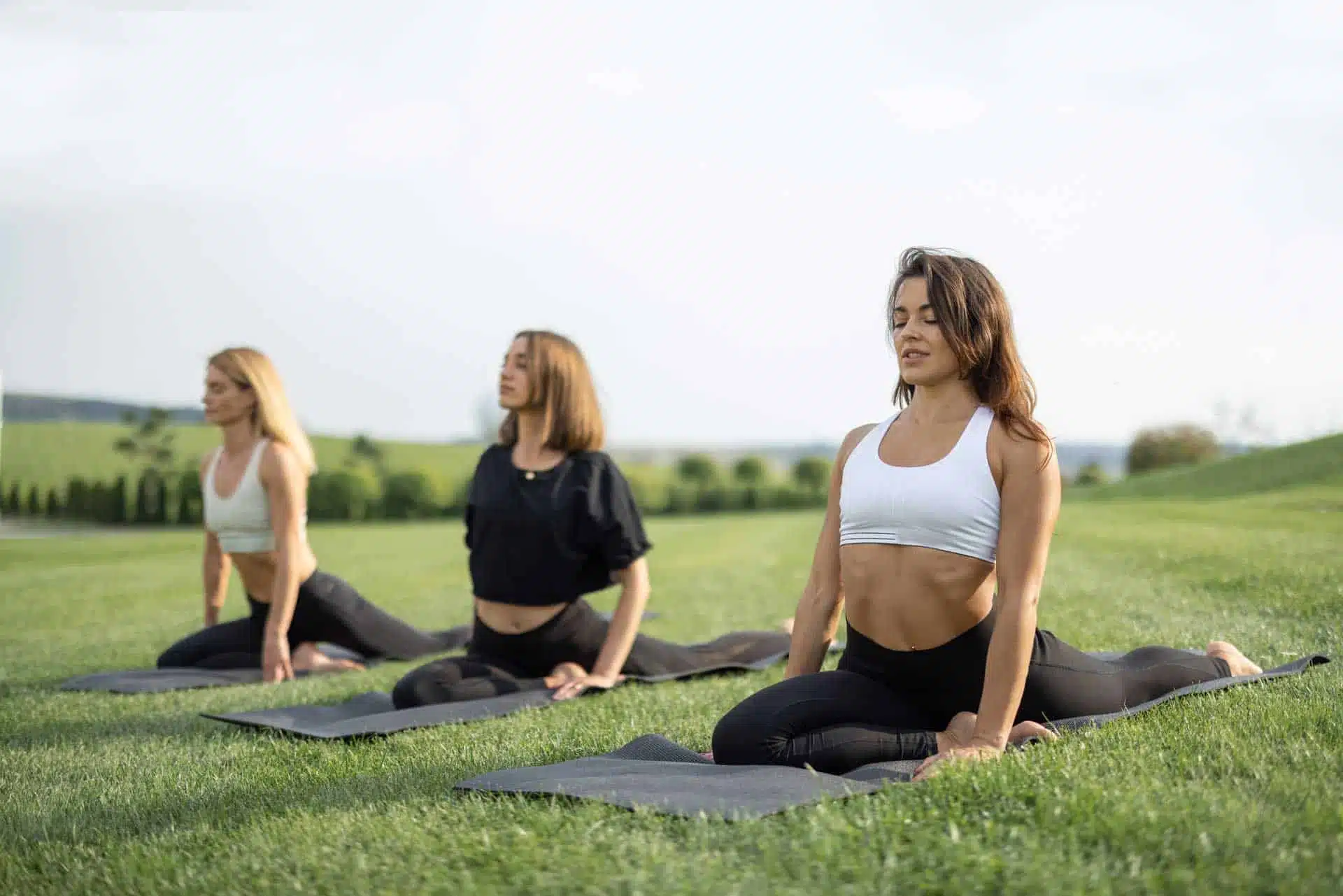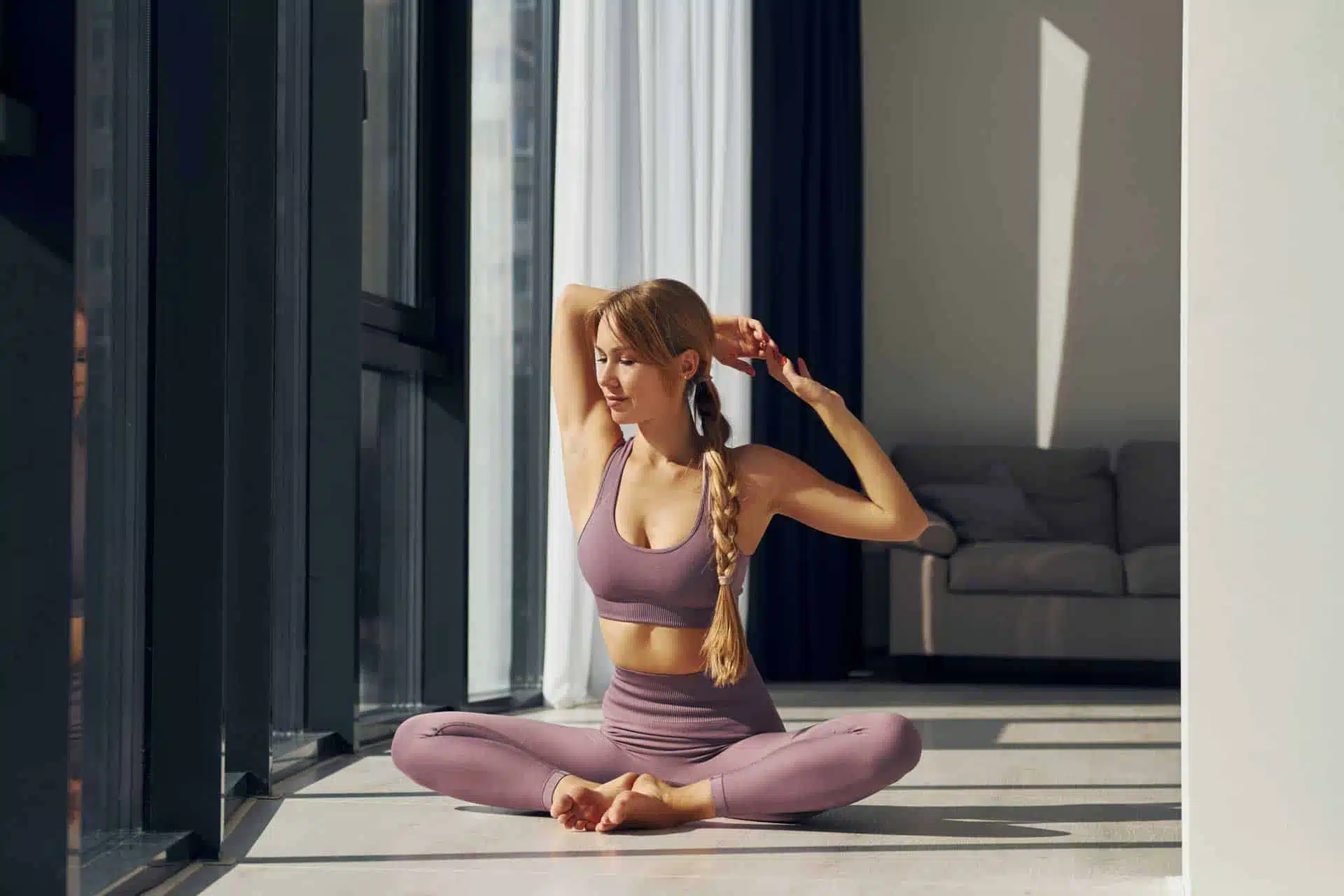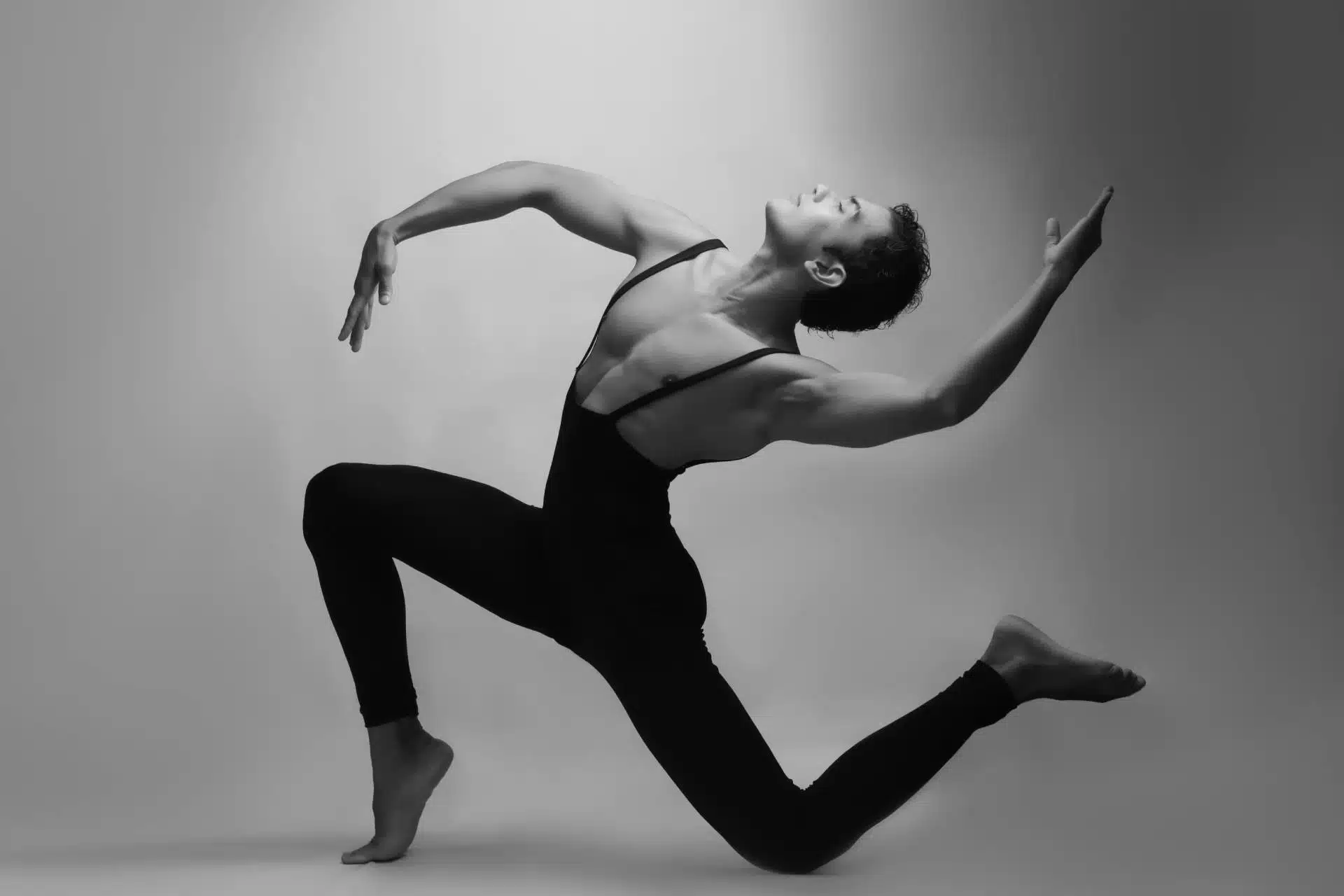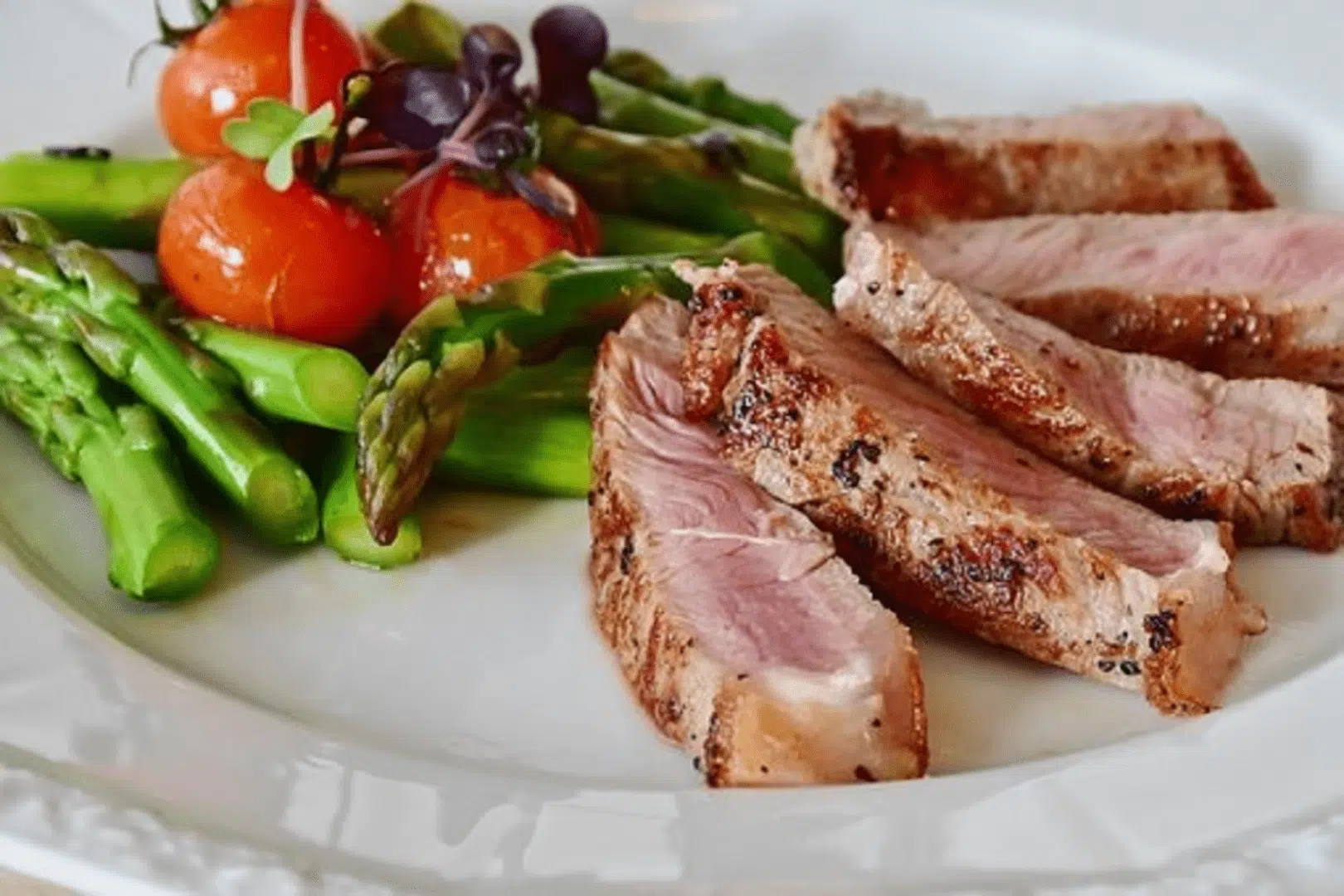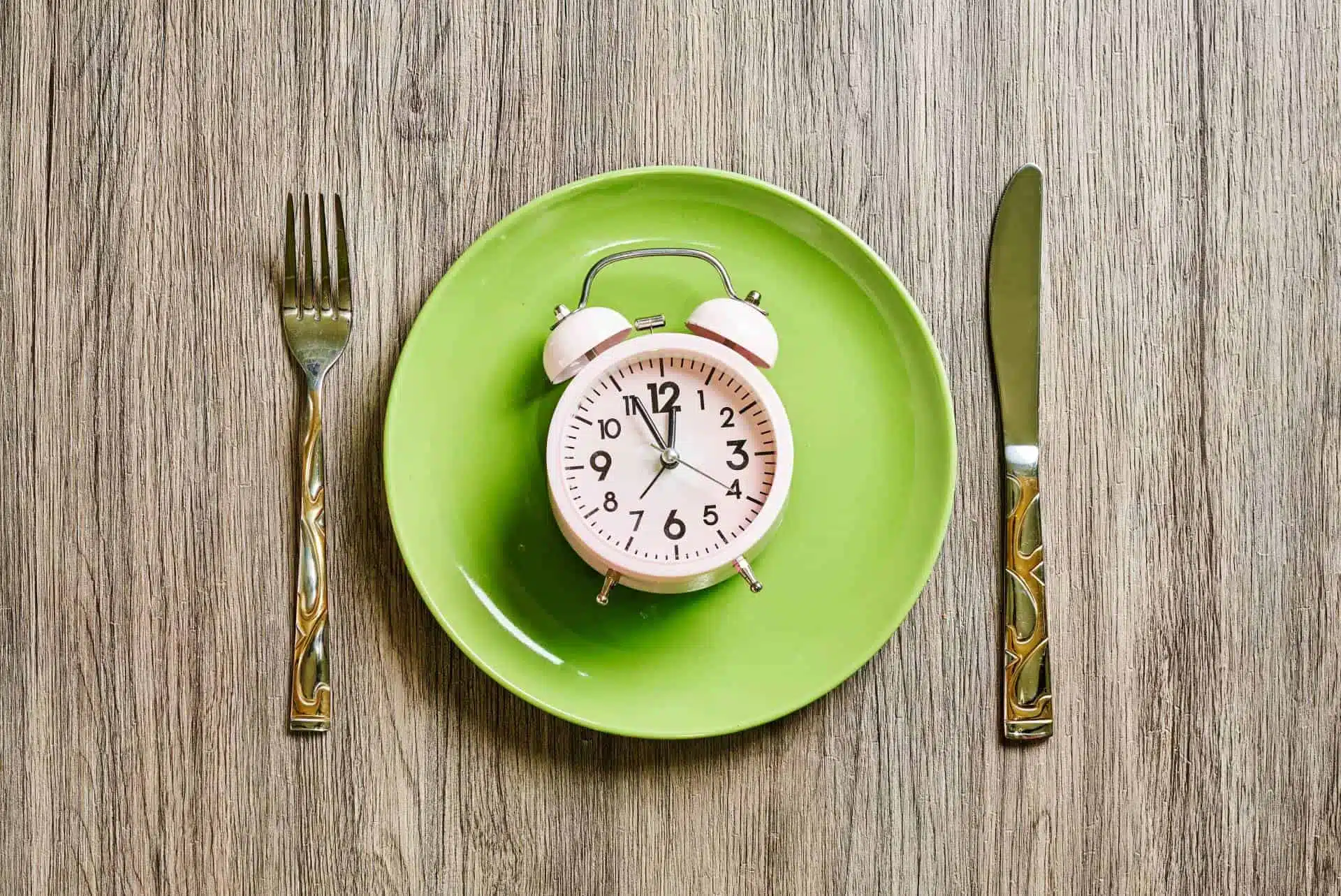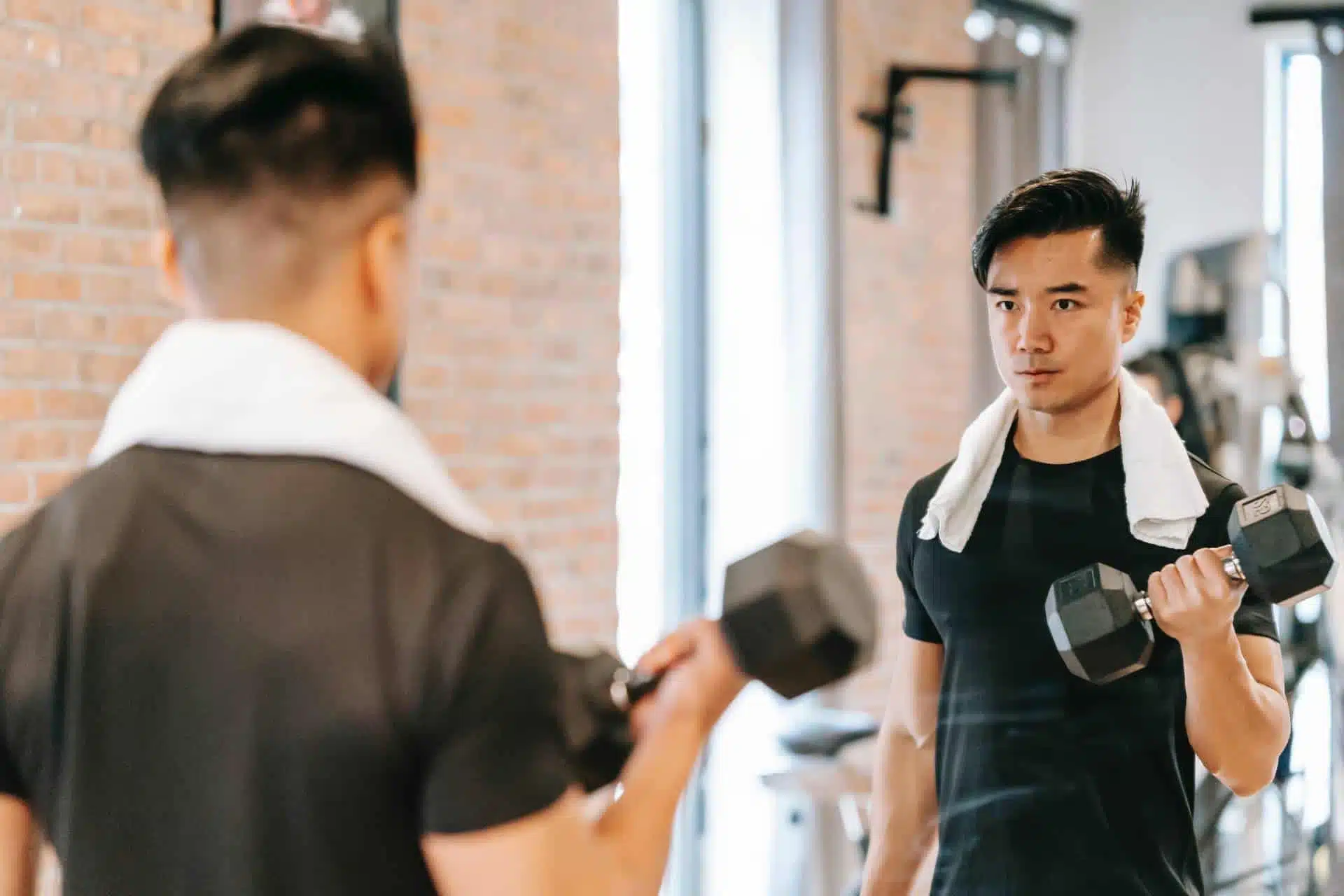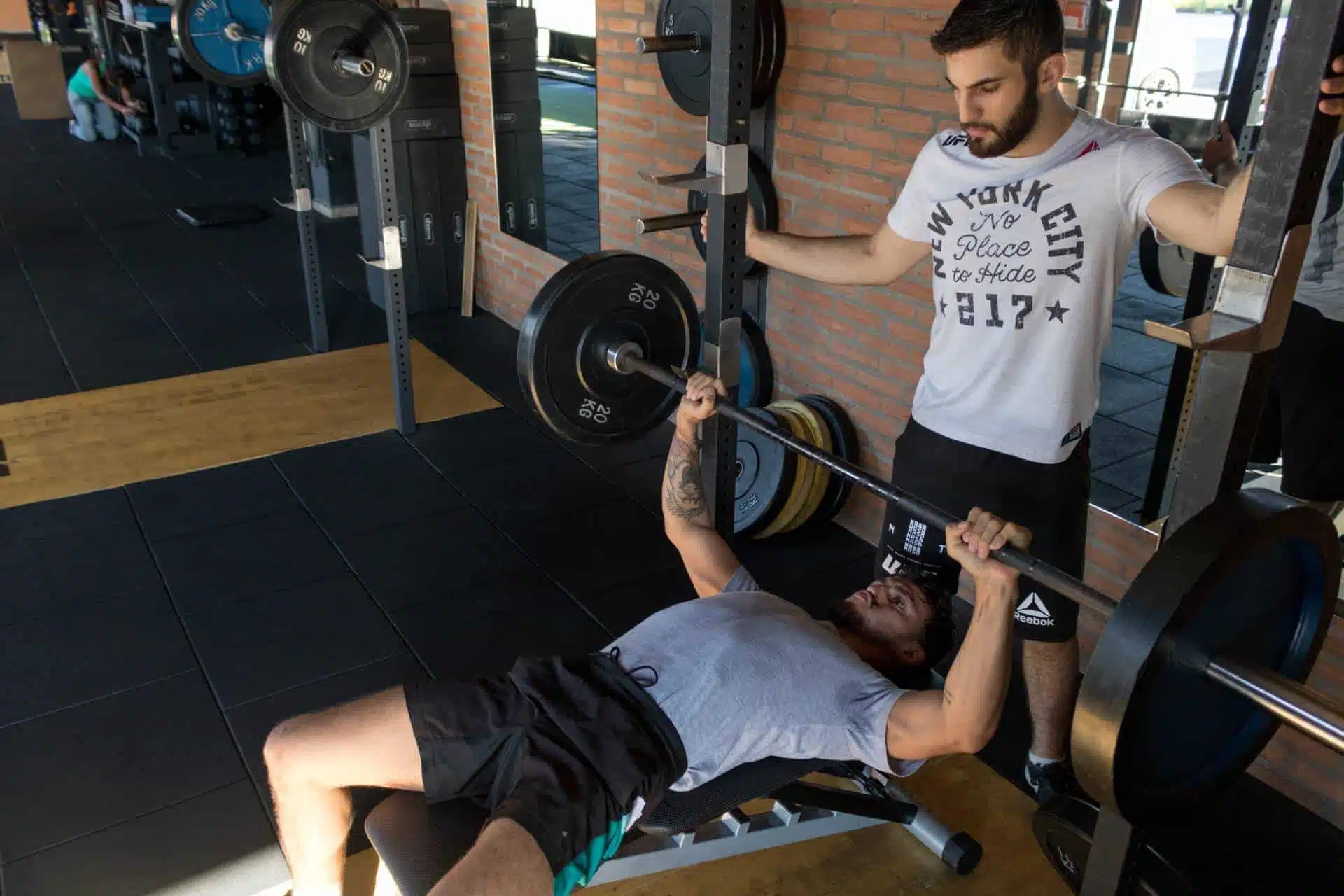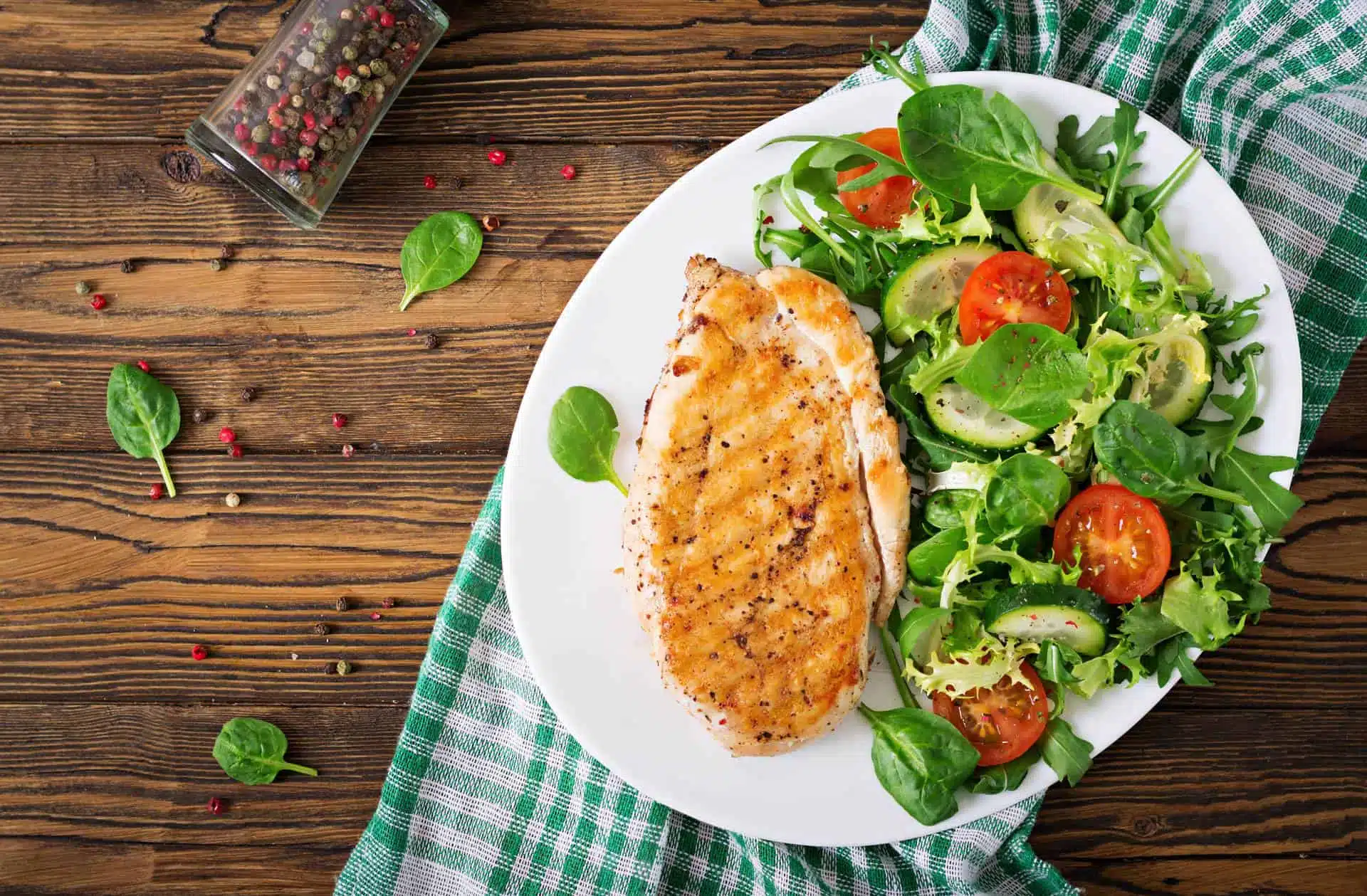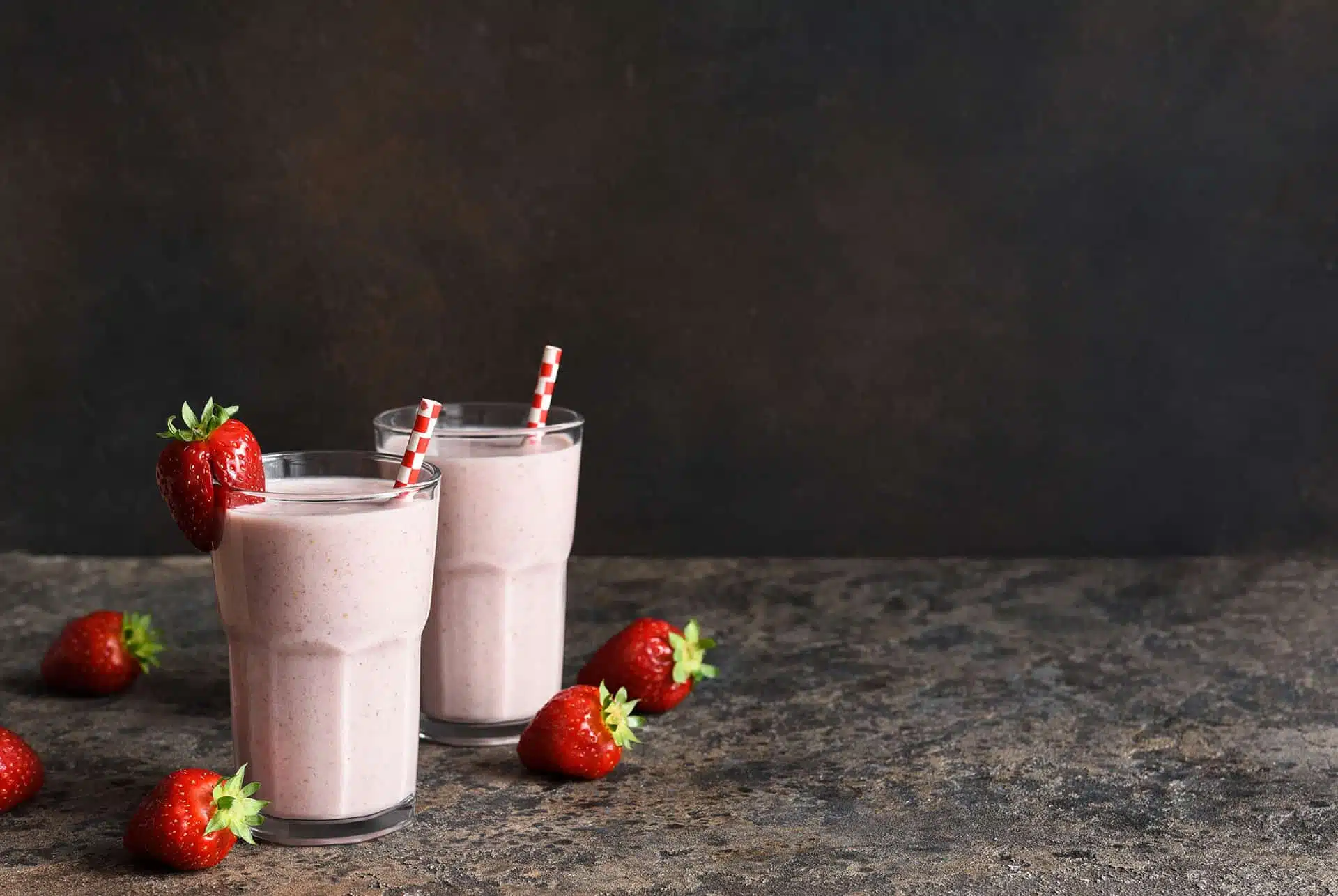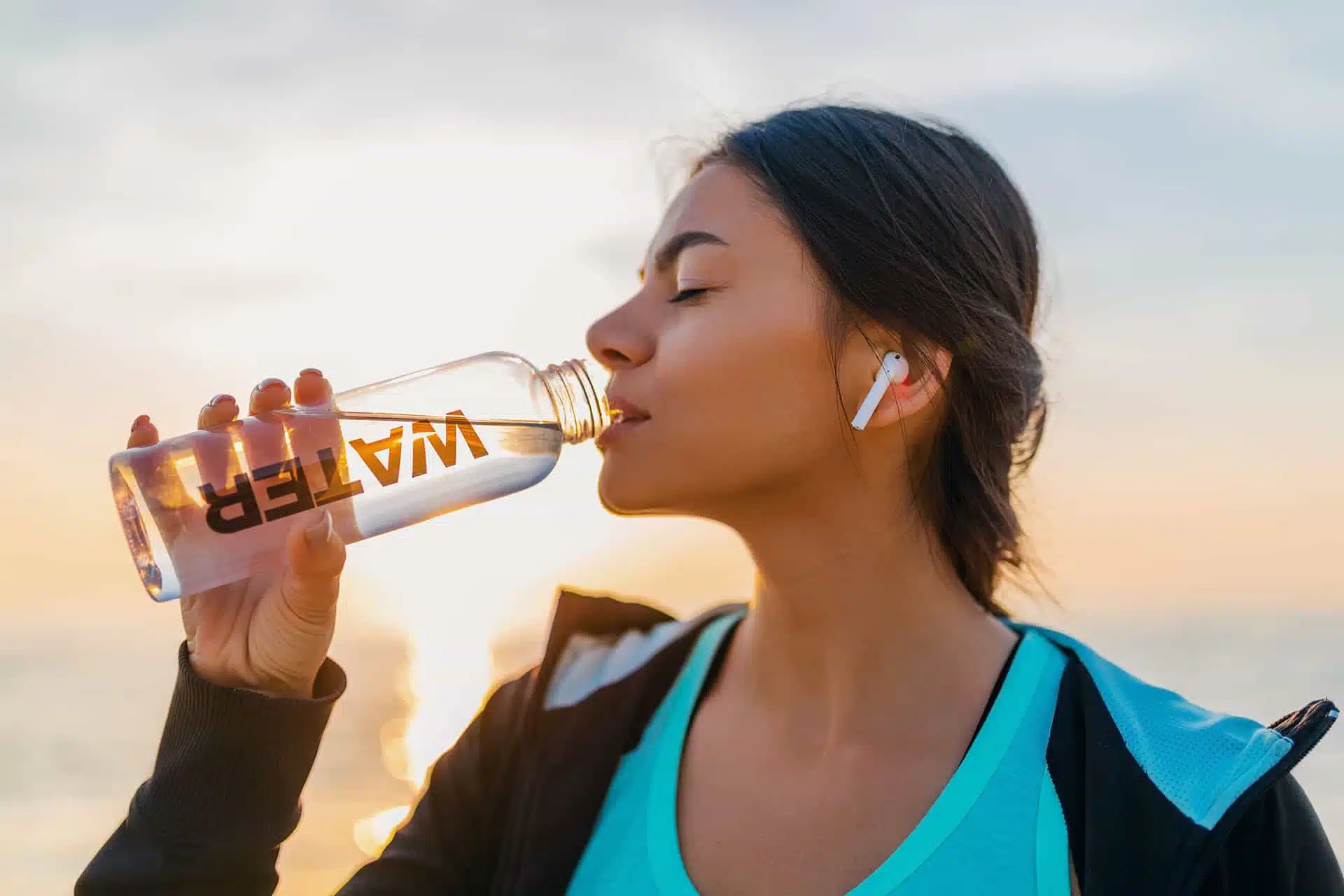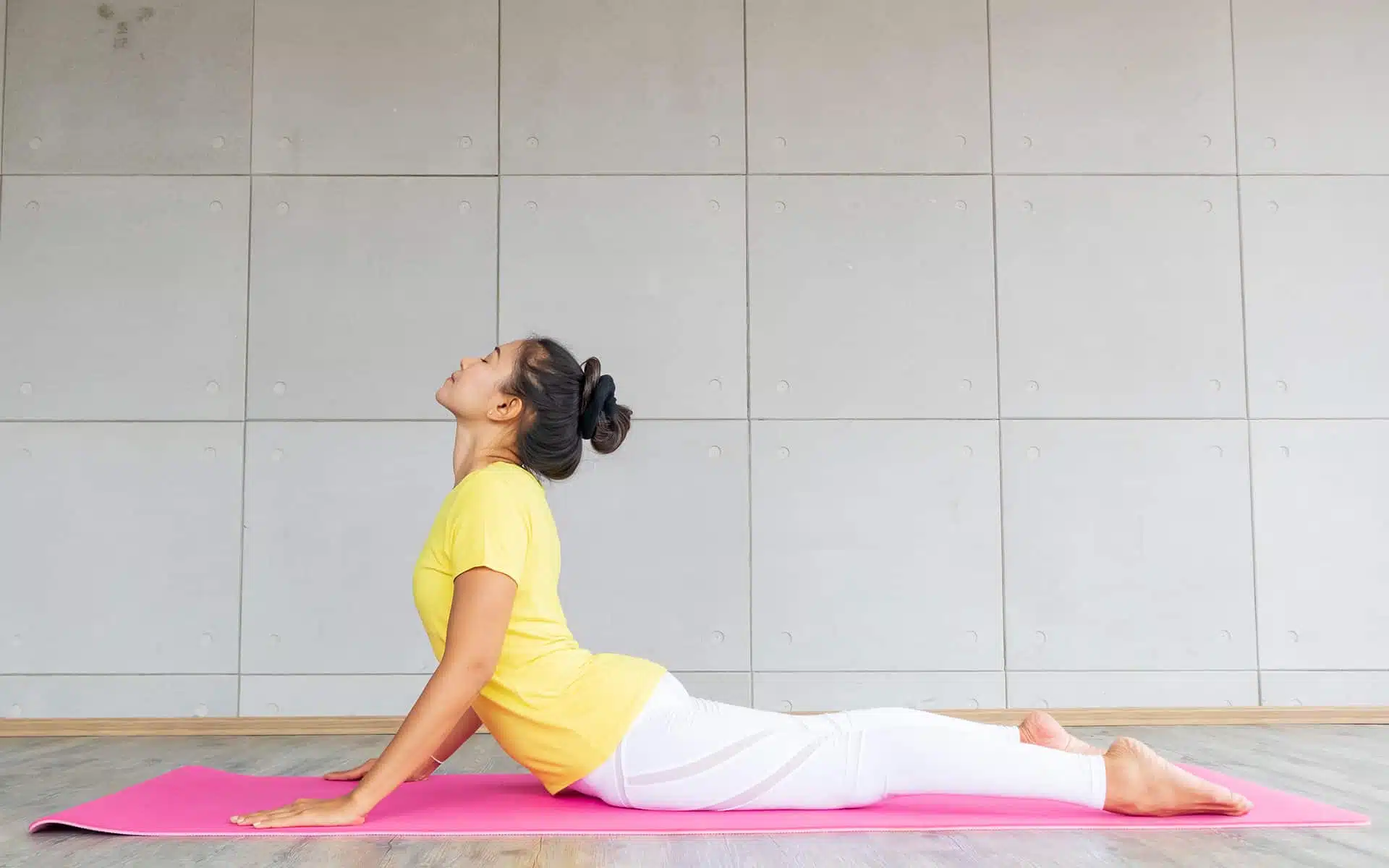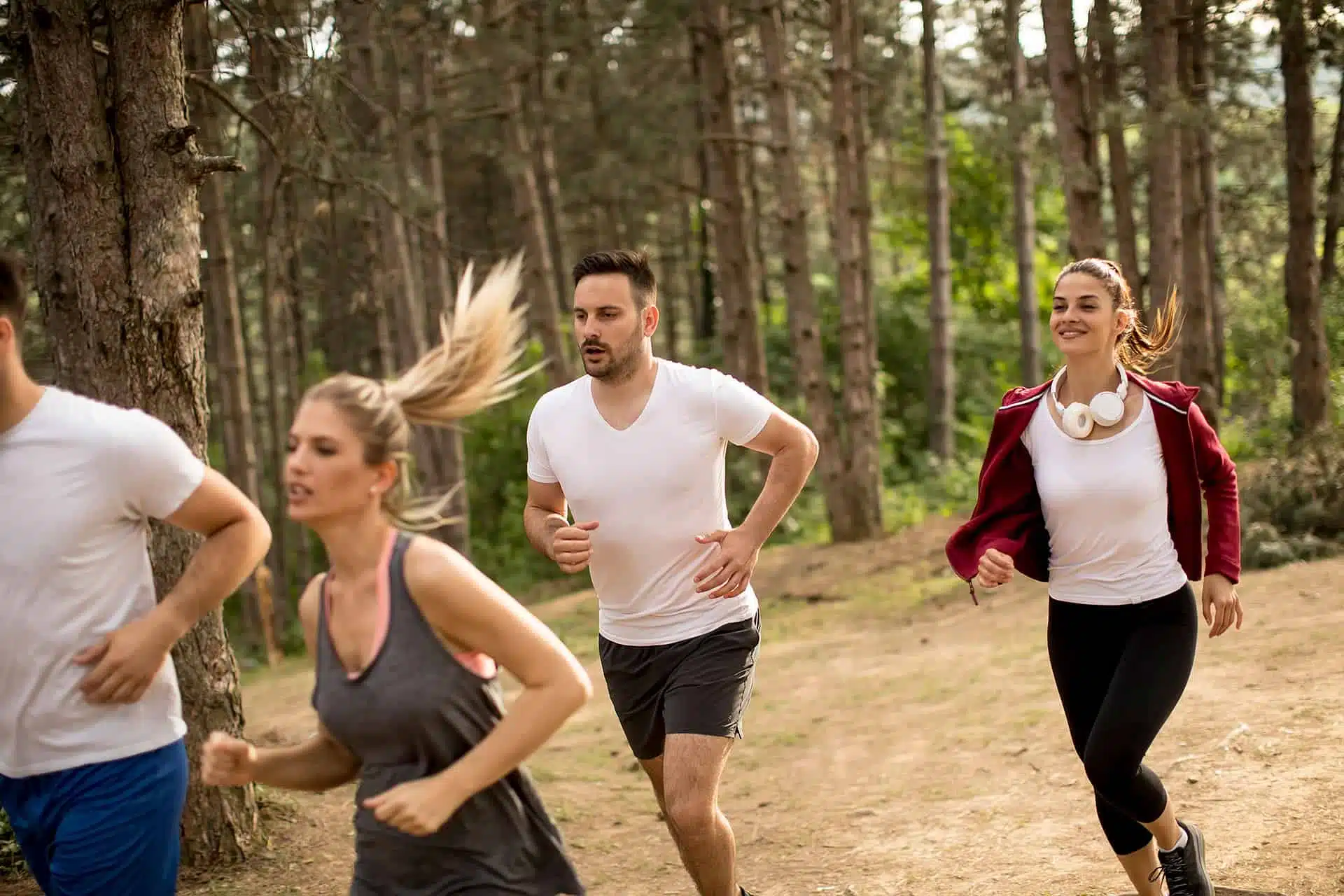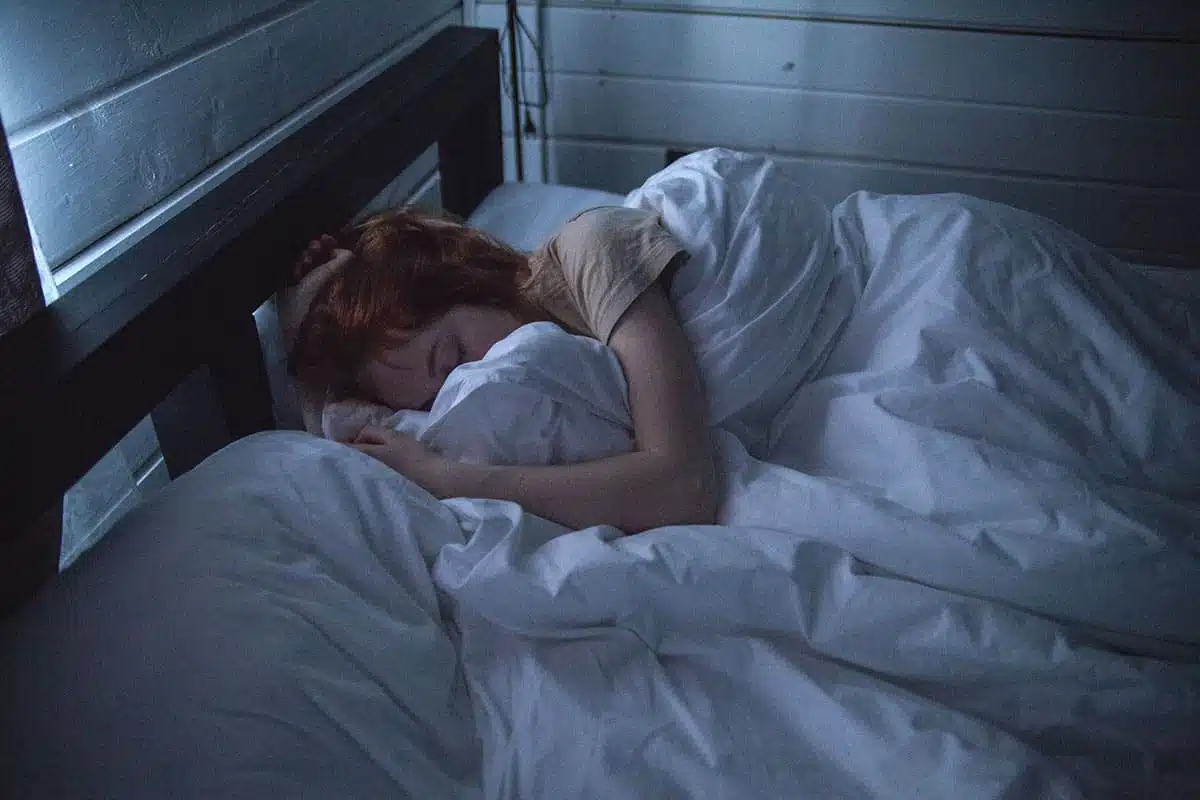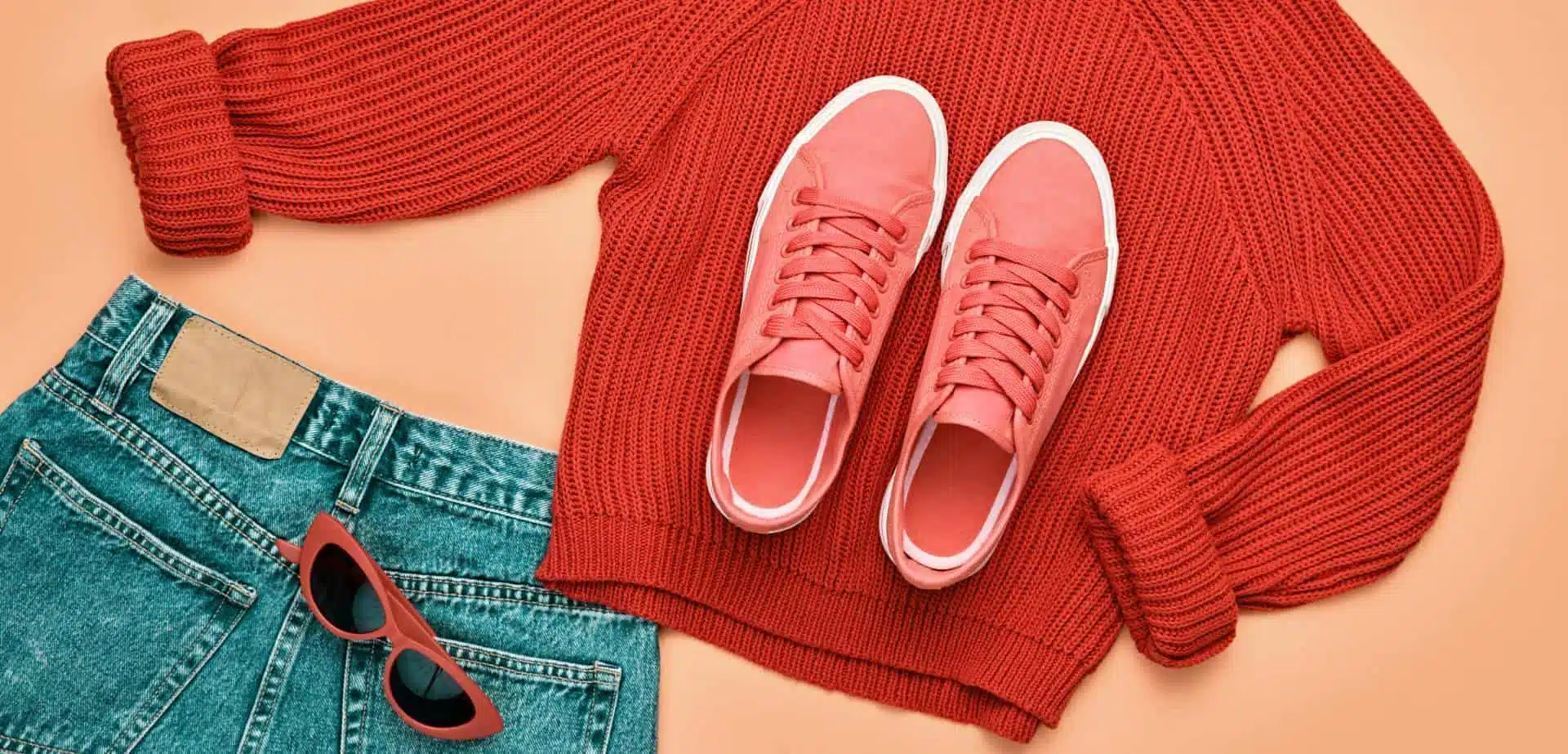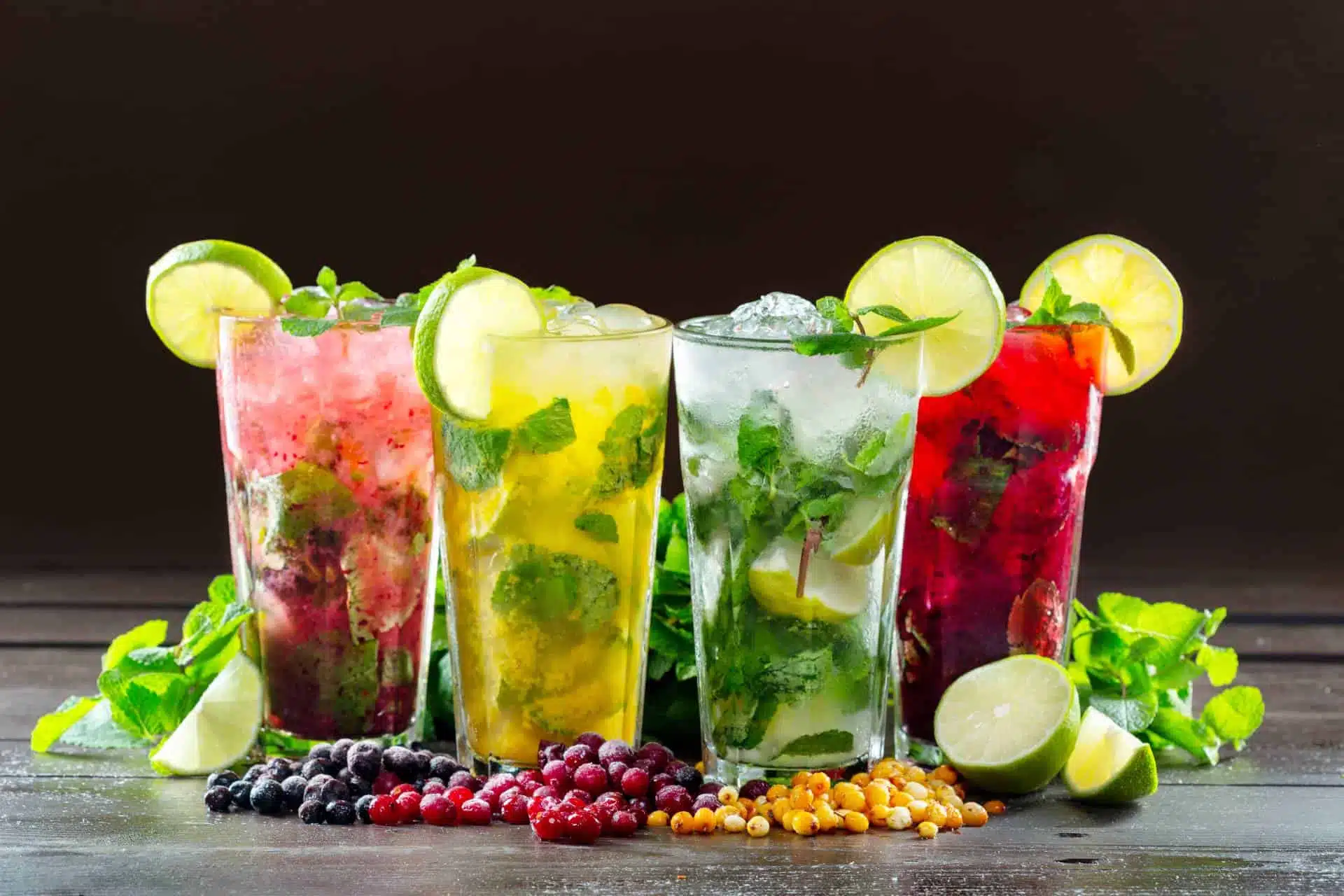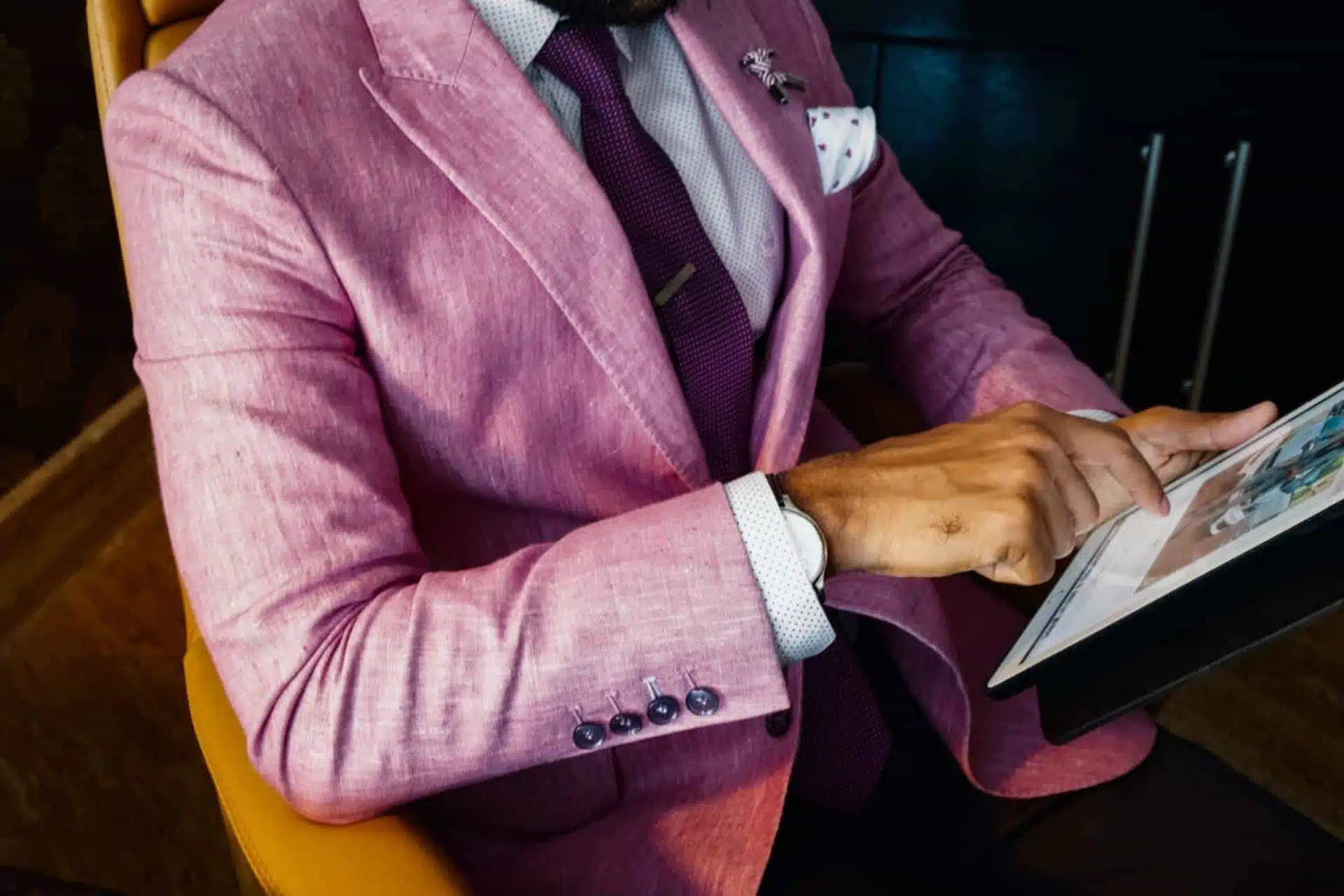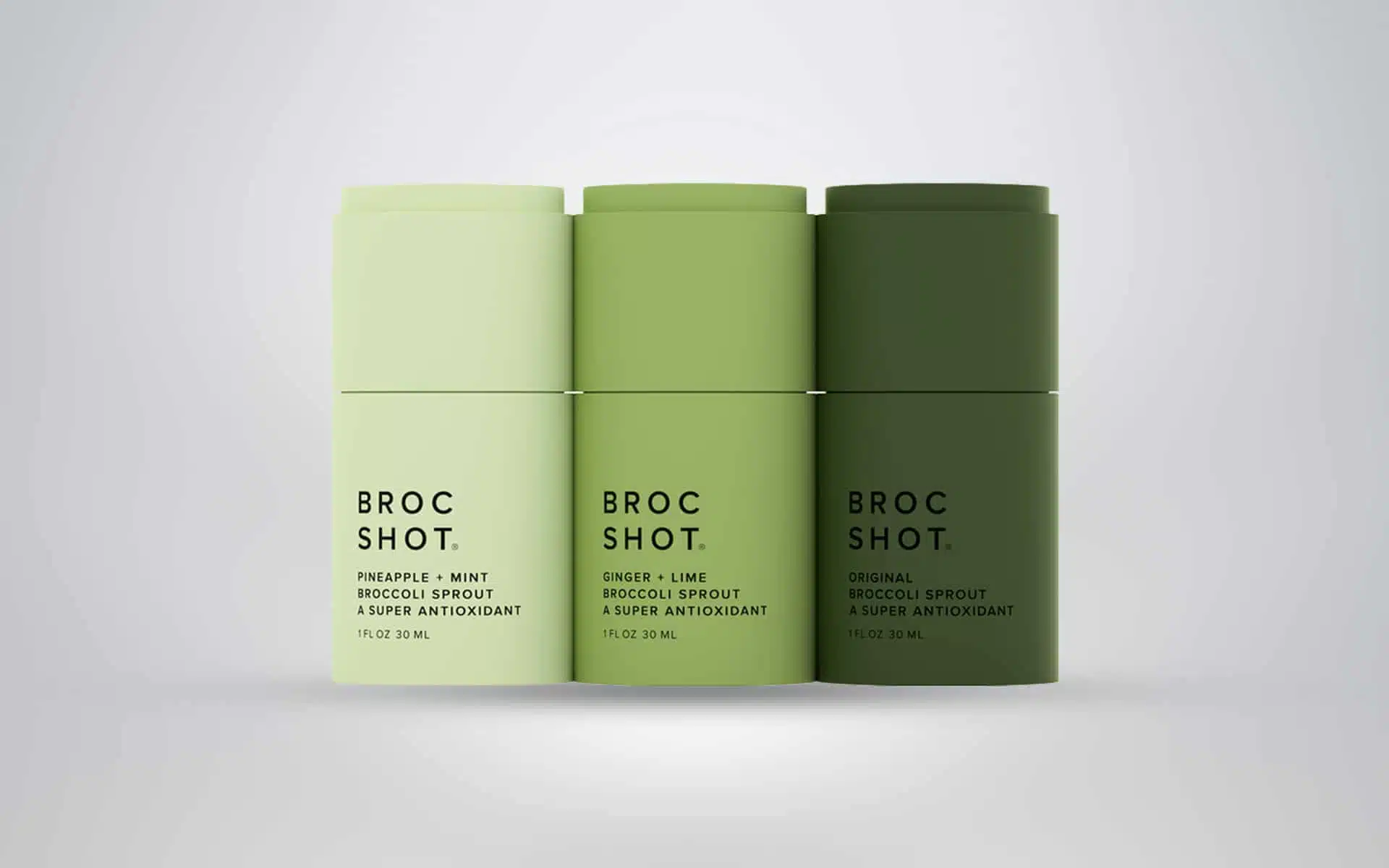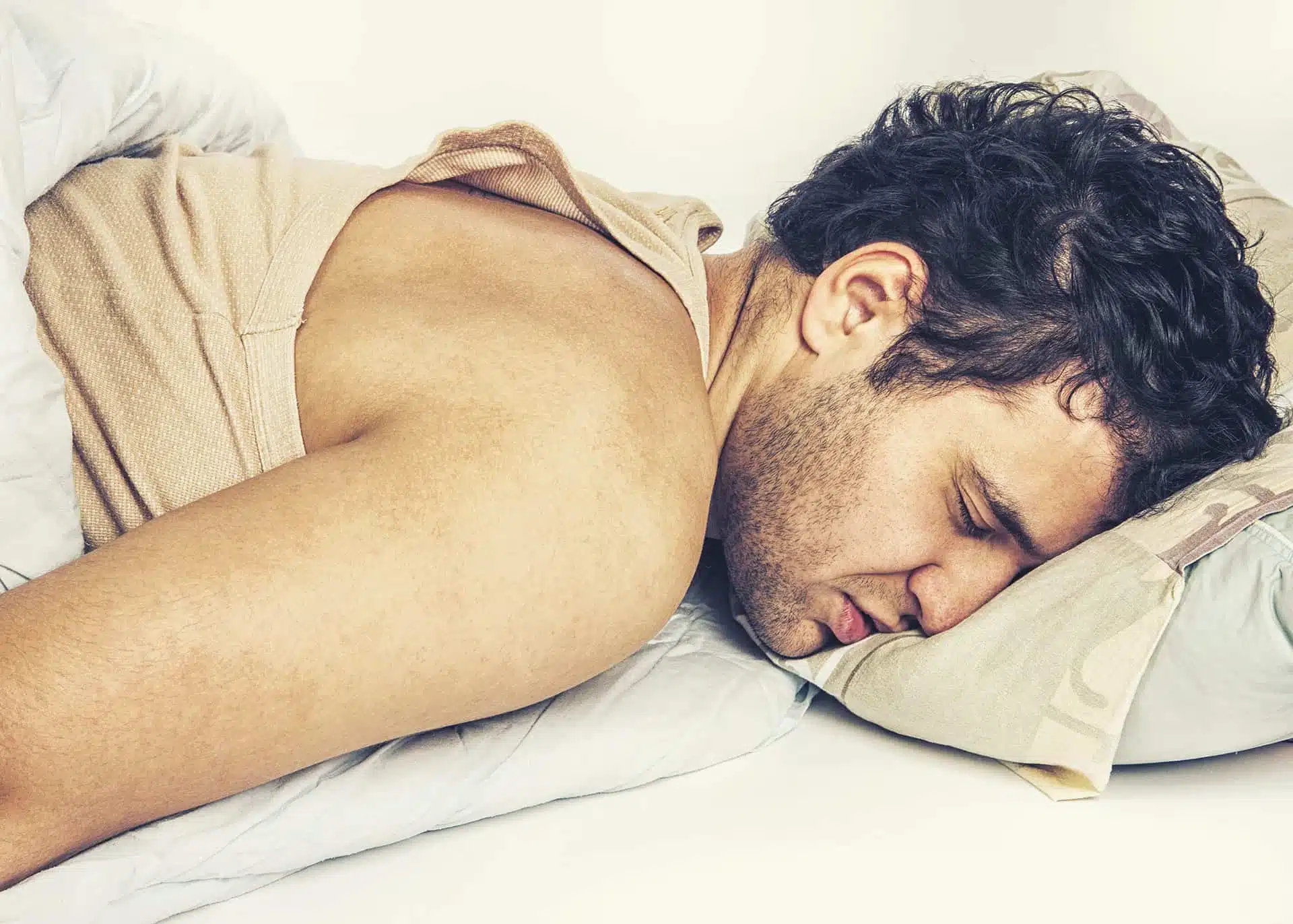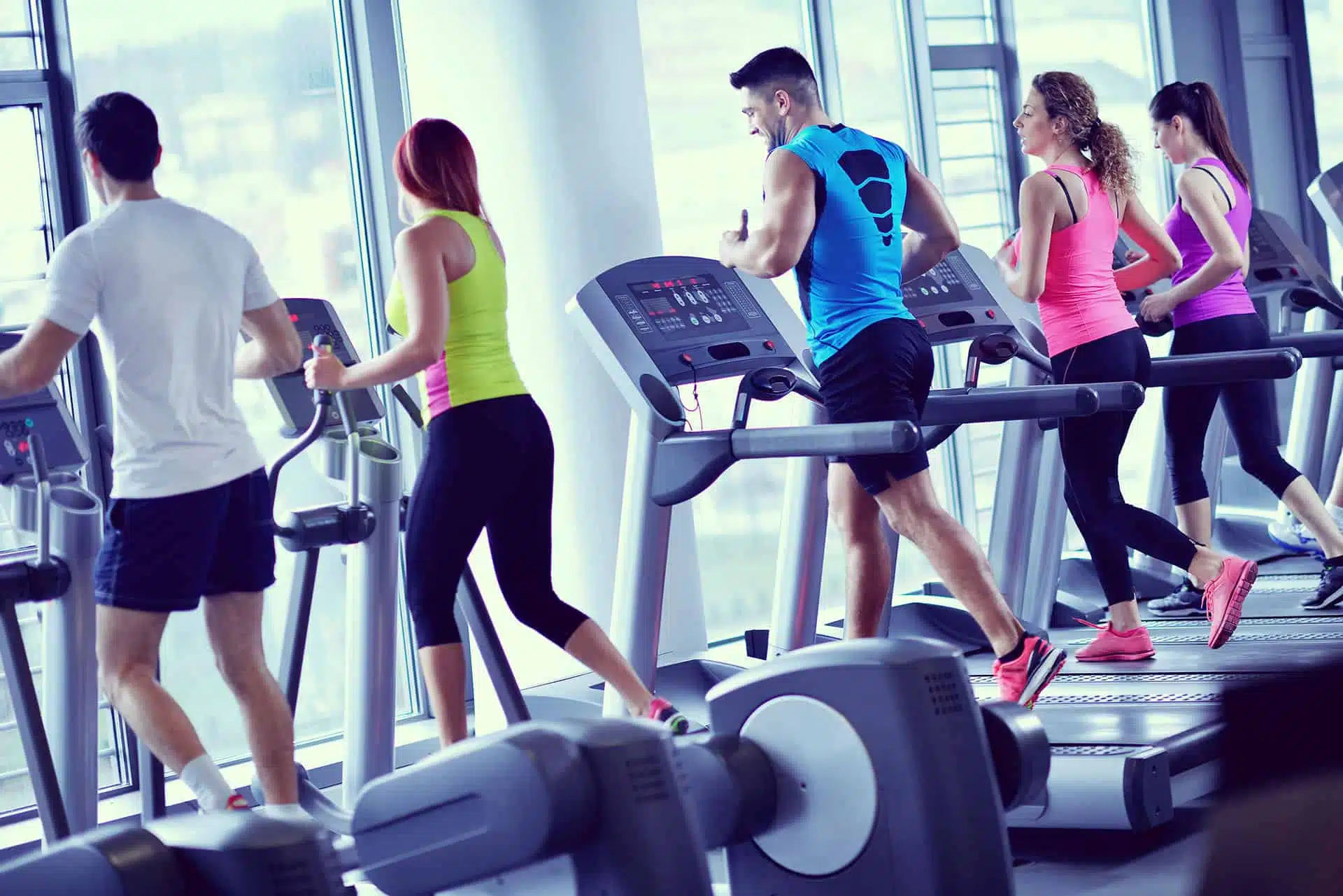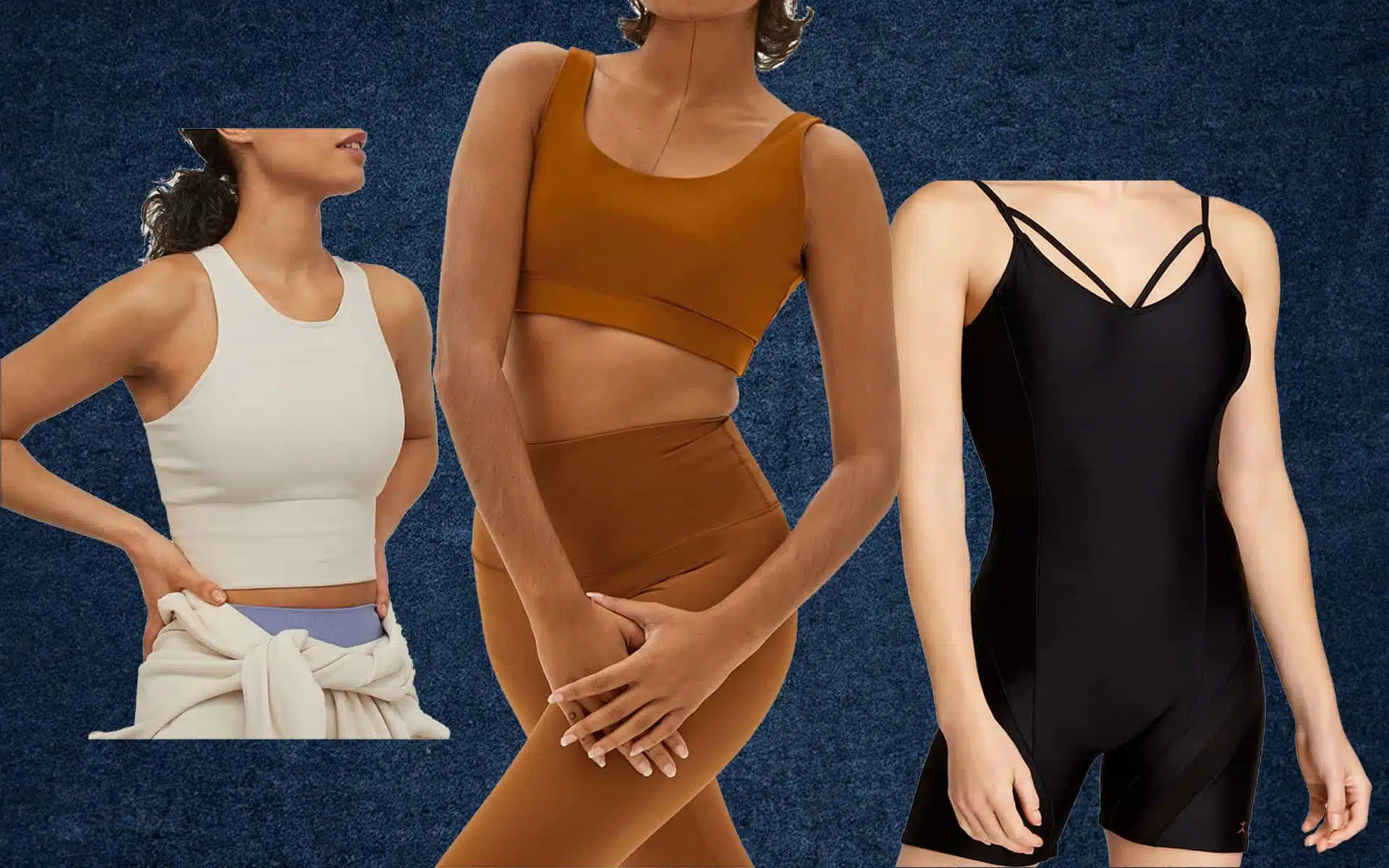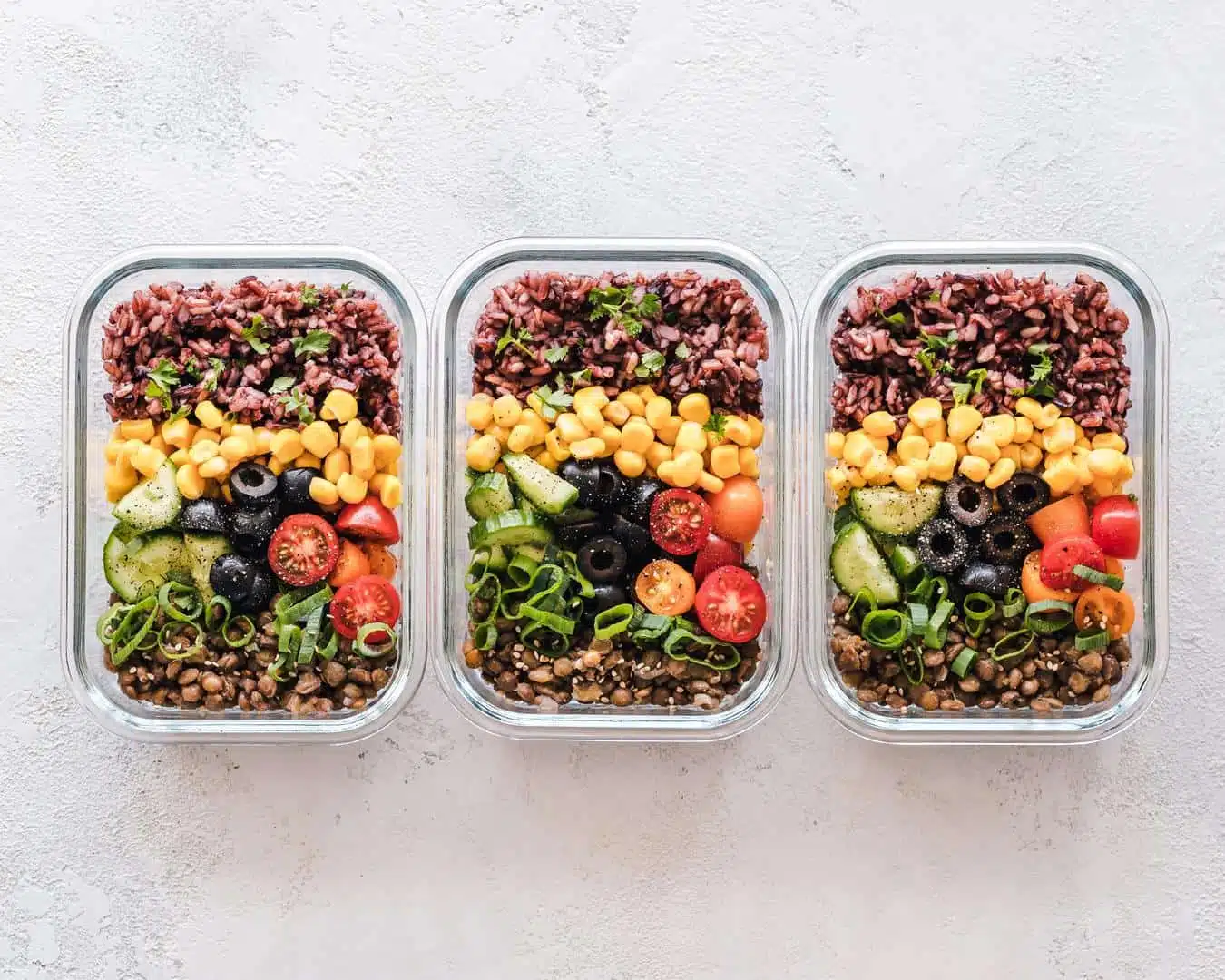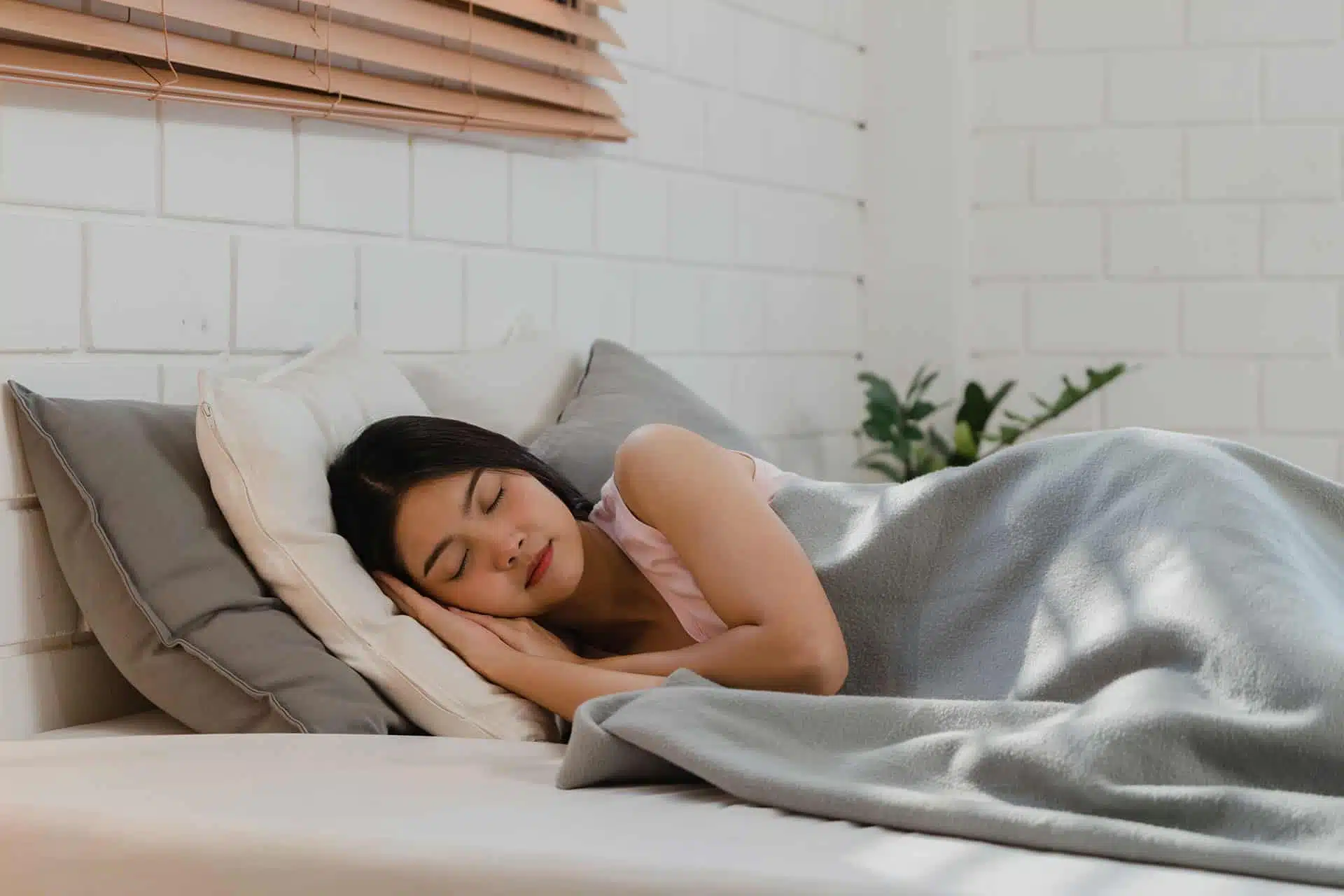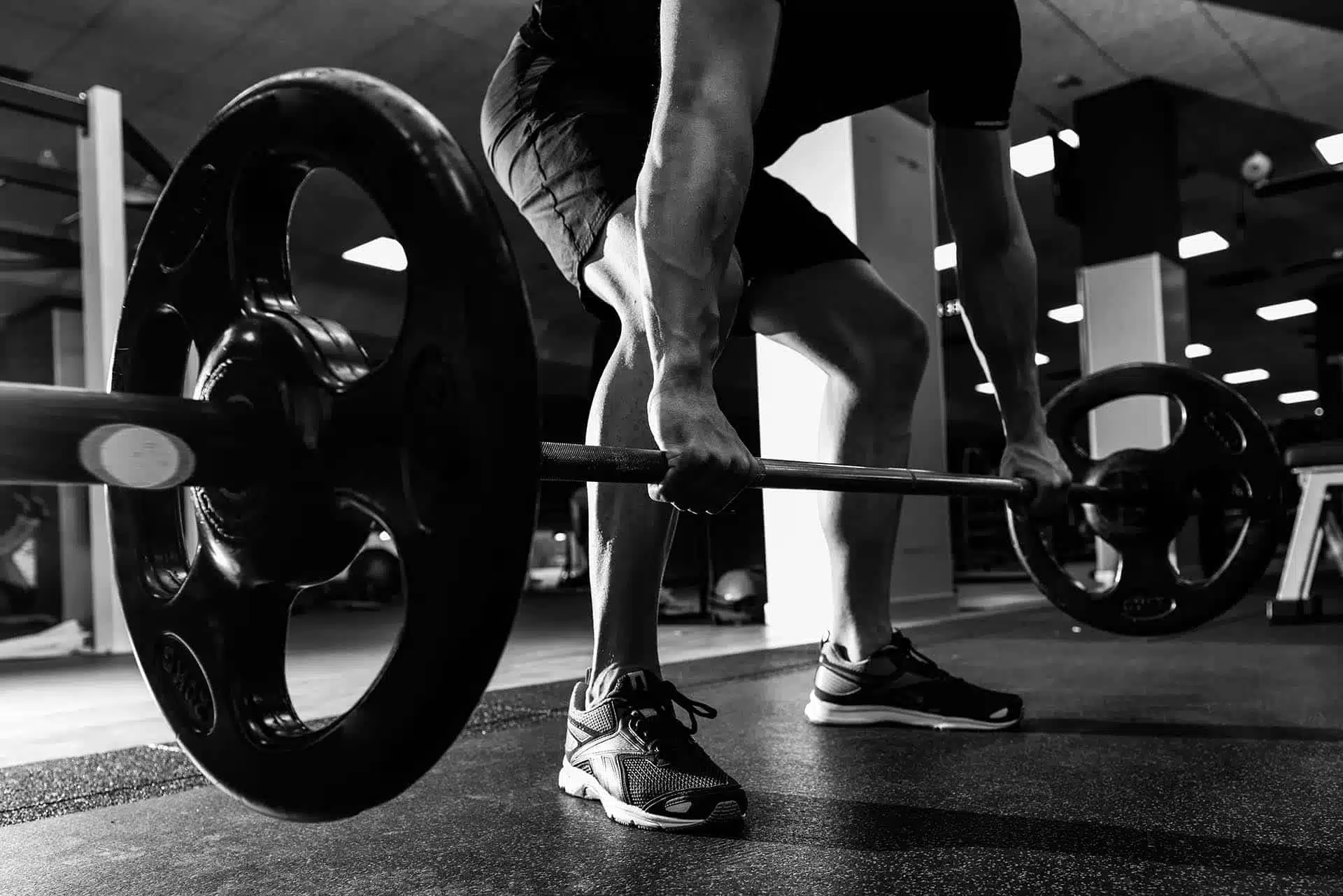Last week, I was afflicted by a stomach bug.
After a few days without eating, I was left with a greying face and some greenery around my eyes.
I looked terrible – and I was worried about how I would look when I got out of it and into the next few days of filming for a new series of football games I’m producing.
Yet, almost everyone was puzzled when I explained my reasoning to them about how three days without eating would affect my appearance.
There were many approving comments: ‘I bet your abs have been through though!’, “You’re beach body ready now, mate!”, and “You can probably avoid cardio this Week!”
It was obvious to me that this time of the year, when the daffodils bloom, the clocks turn and the airlines start bombarding your inboxes with cheap flights, many of my fellow lads are thinking the same thing – ‘I need to look like I’m auditioning to Love Island, and it needs to be done quickly.
Strangely, while women are embracing body positivity and trying to get rid of the negative image trends from the noughties (and many others) the pressures on men to appear a certain way has increased.
Many poor men, like me, are going to the gym to get their pecs. Instagram has seen a surge in fitness influencers and a thriving industry. The supplement market has expanded to the point where you can gain weight, bulk up, grow, shrink, sleep better, and even improve your video game skills with a milkshake that tastes sick.
Although none of this is new in any way, it seems to have gotten more mainstream attention in recent years.
Growing up, I was a thin kid with short limbs and narrow shoulders. I hated being a teenager.
This is not what I was told by anyone. Your body is still growing, different things develop at different rates and your body doesn’t know how frustrating this is when you try to kiss people for the first time.
I wish I could tell you ‘be patient, enjoy your childhood, you’ll soon forget the fast metabolism that makes you so skinny’.
Instead of being patient with myself, I saved my money and purchased a bunch of weights from Argos. I set up a home gym where I would roll a barbell off of my bed and place it in my hands to do bench presses. It almost fell through the floor more than once. I also spent hours on the internet looking for nutrition tips that would help me gain weight.
My peers were not the only ones who did this. One friend covered his walls with paper each morning and measured a different area of his body with tape each morning to make sure his exercise routine was increasing his limb size. Another added tuna to his protein shakes to make a disgusting chocolate fish medley, which gave him 20 grams more protein every morning.
It was not something I considered unhealthy at the time, and I can’t help but wonder if we had eating disorders. However, it was a crazy routine.
These things didn’t change once I went to university. I recall one student on my course who tried a diet that he found online and told him to drink a gallon a day.
Although he didn’t get the shoulders he hoped for, he failed most of his exams because he spent more time in the bathroom than he did his lectures.
It’s not surprising that the fitness industry has grown so rapidly when you consider how obsessed my generation was with their bodies growing up. We have always known there was a demand for diet plans, workout regimens, and supplements. But we didn’t know where or how to find them.
Today, the poor student who paid his entire student loan on full-fat milk would use it to buy a subscription to a men’s magazine and a bowl of pancake batter with whey protein. He also bought a pair of leggings that had ‘GYM Rat’ printed on them.
Even though I write this, it is clear to me that I am not immune.
There is more to it than a sexy industry making a profit from our desire to be sexy. Influencers are appearing all over social media to capitalize on our fear of flab. They often have something to sell.
There’s nothing wrong with someone wanting to help people become fit and healthy. Some of it is, however, a little scary.
Many videos show that quasi-scientific terms such as starving yourself are used.
Why has men’s fitness become so influenced by disordered eating, when women have made such great strides in body positivity?
I am aware that I am not immune to all of it even as I write this.
My pantry is filled with protein shakes and creatine. My notes app on my smartphone also contains statistics about my workouts. My mum took me outside Argos at 17 years old, with the weights I had spent weeks saving for. I haven’t seen much change since then (except that I can now afford a membership to a gym, rather than lifting a bar that weighs as much as me from my bed and trying to catch it before my head hits it).
As we enter our 30s, many men in my generation are as concerned about their image as they were as children. They want a fix and the best thing is that there is now an entire industry to help them.
Maybe in a few more years, men will have their own body positivity movement. This would be a counter-pressure to all the pressure.
Many men will soon be going to the gym as the temperatures rise and Marbella is calling.
I hope that no one else gets congratulated on catching the sickness bug from a toddler as I did.
